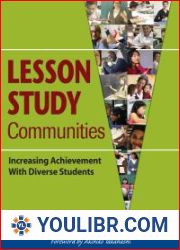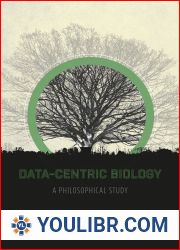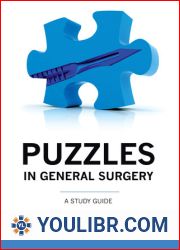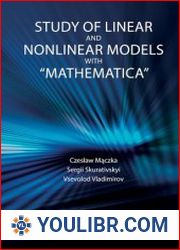
BOOKS - Lesson Study Communities: Increasing Achievement with Diverse Students

Lesson Study Communities: Increasing Achievement with Diverse Students
Author: Karin Miller Wiburg
Year: July 5, 2006
Format: PDF
File size: PDF 8.8 MB
Language: English
Year: July 5, 2006
Format: PDF
File size: PDF 8.8 MB
Language: English
and "If you are seeking a more effective way to improve teaching and learning for your students or innovative ways to help teachers become actively involved in their professional career, you will enjoy opening the door to lesson study. and " - From the Foreword by Akihiko TakahashiEmploy one of the most promising strategies for linking professional development and student achievement - lesson study!Educators have been examining the Japanese lesson study model for years, but the dissimilar environment in U.S. schools has prevented a widescale adoption of this effective form of professional learning. Lesson Study Communities demonstrates how to translate each step of the Japanese lesson study process to the educational environment of U.S. schools. Offering specific strategies that have been tested and successfully used with ethnically diverse students, this book incorporates a culturally responsive approach to curriculum, instruction, and assessment. Working in impoverished schools with ELL and low SES students, Wiburg and Brown?s program made significant progress toward closing the achievement gap in poorly served communities. Applicable to math, science, reading, language arts, and social studies programs, this implementation guide:Explains how to connect lesson study to school or district instructional goalsProvides case examples and step-by-step guidanceReveals how lesson study can be integrated into daily workOffers extended learning activities and exercisesAddressing the challenge of changing student demographics, this book includes guidance on assessing readiness for lesson study, planning the research lesson, gathering data, modifying the lesson, and sharing findings. Staff developers, teachers, and administrators committed to increasing student achievement will find this to be a significant stride toward ensuring academic success.
















































